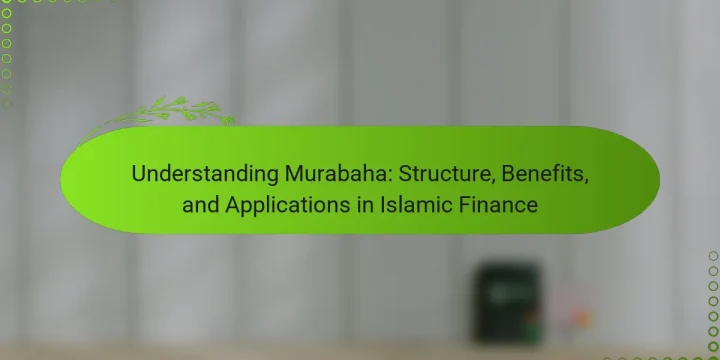
What are Sukuk investment strategies? Sukuk investment strategies involve various approaches to investing in Islamic bonds. These strategies can include diversification across different types of Sukuk, such as corporate, sovereign, and asset-backed Sukuk. Investors may also focus on yield optimization by selecting Sukuk with favorable risk-return profiles. Another strategy is to align investments with ethical values, as Sukuk must comply with Islamic law. Active management of Sukuk portfolios can help in responding to market changes and interest rate fluctuations. Investors often analyze credit ratings and underlying assets to assess risk. Research indicates that Sukuk markets have grown significantly, offering various opportunities for strategic investment. According to the Global Sukuk Market Report by the Islamic Financial Services Board, the Sukuk market reached a total issuance of approximately $500 billion in 2020.…








